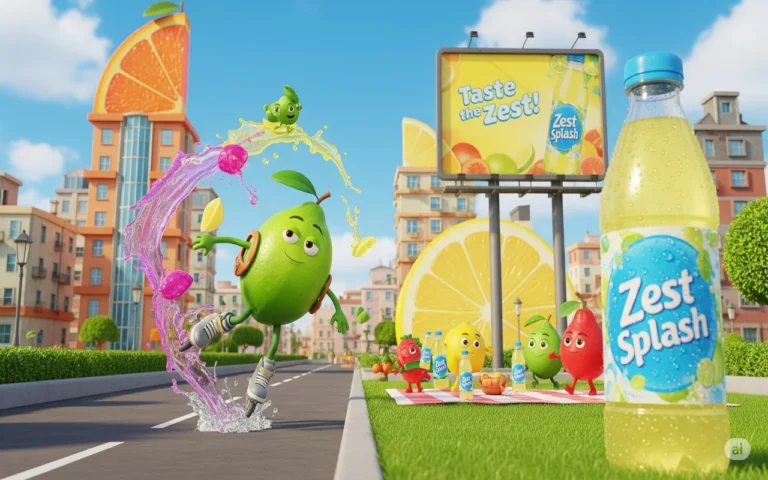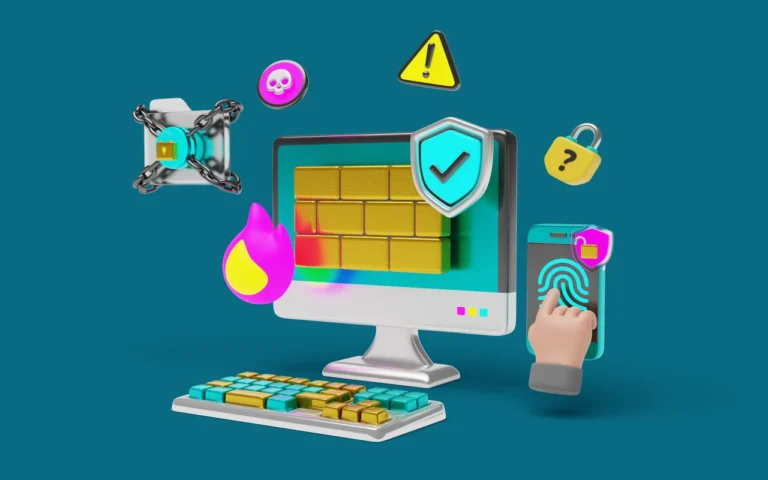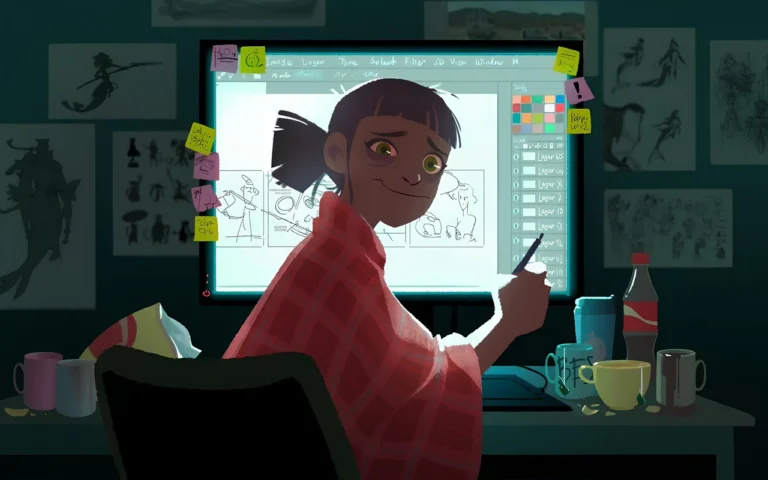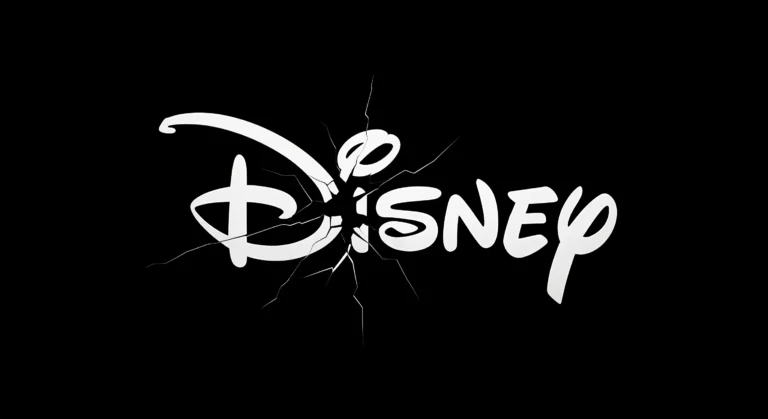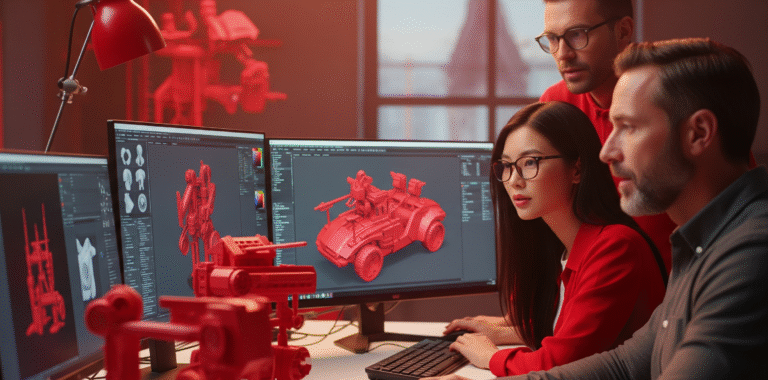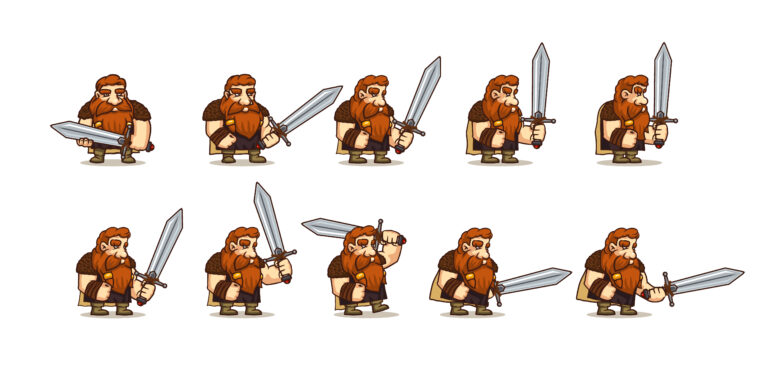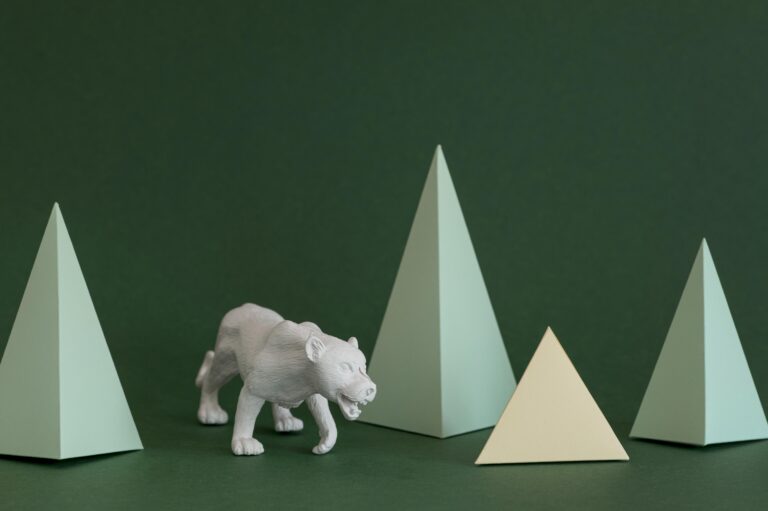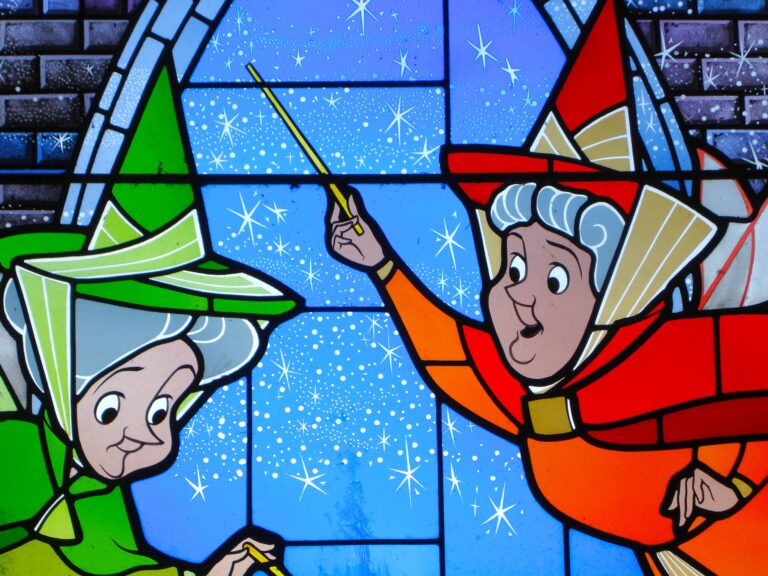Visual style and appearance for movies, animations, and video games are not made on the fly in production. That visual idea is developed by highly creative minds who are known as concept artists. A concept artist is a skilled illustrator who creates concept art and reference images for a creative project based on the script or expectations of key people.
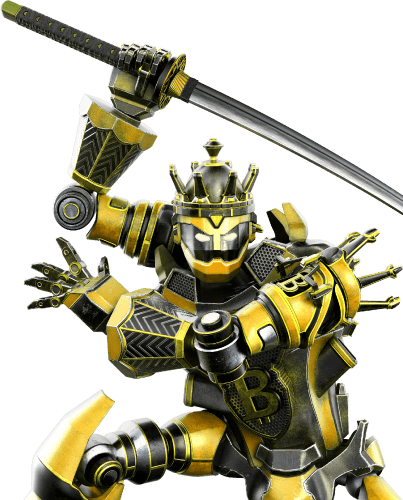
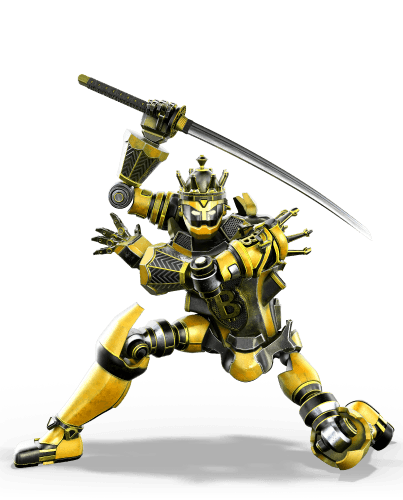
Need Game Art Services?
Visit our Game Art Service page to see how we can help bring your ideas to life!
Responsibilities of a Concept Artist
Concept artists are responsible for creating visual designs for characters, environments or items in a game or animation project. They should understand art directors’ preferred visual tone for the project and create concept designs based on that vision.
They should research the art style the project is aiming for and present reference images to stakeholders, collaborating with them to understand the exact style they are after.
A concept artist is typically tasked with creating two types of images. One involves drawing quick sketches that help other team members, such as art directors and producers, ideate the project, and the other involves creating detailed drawings of characters from multiple angles to help 3D modelers and other artists in production.
Read More: The Critical Role of a Concept Artist
Essential Skills for a Concept Artist
Drawing Skills
The most obvious skill needed for a concept artist is drawing. Concept artists should have phenomenal drawing skills. They are tasked with creating quick or detailed drawings for characters, environments, and items.
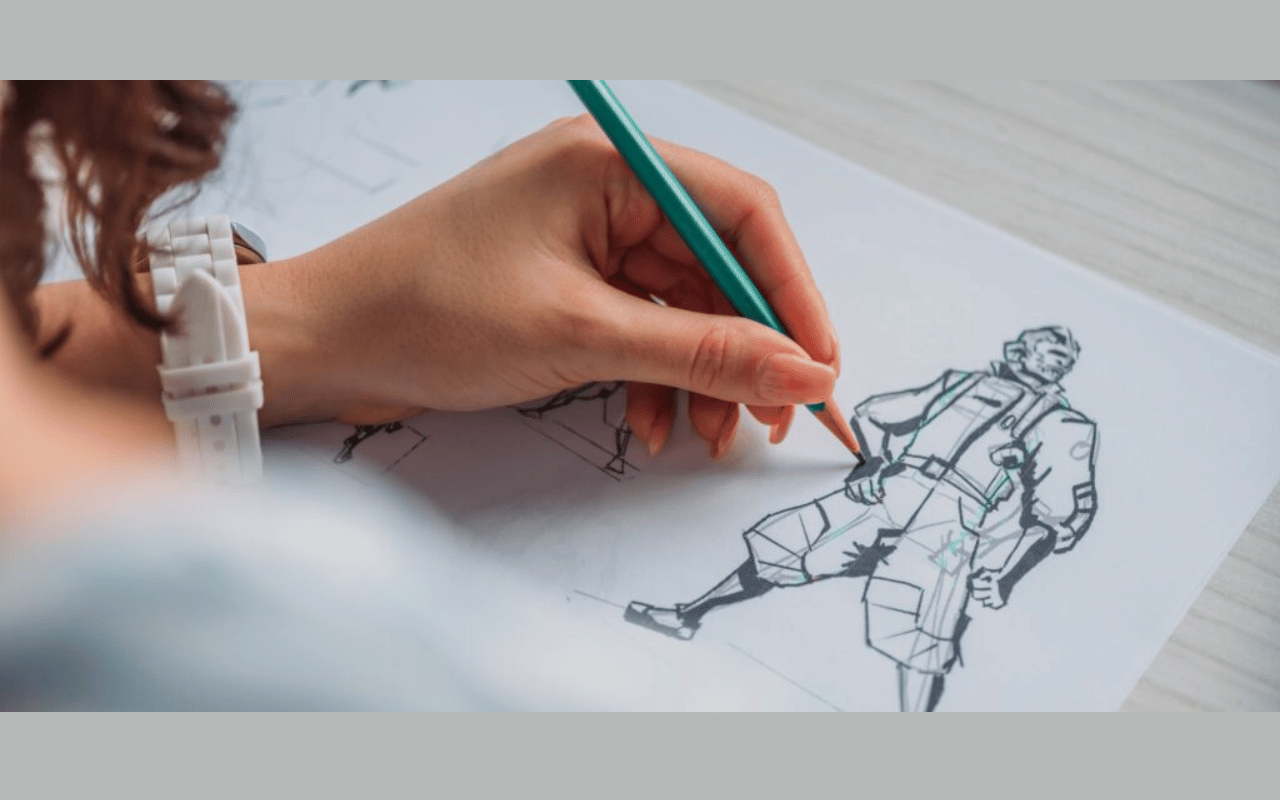
Understanding Human Anatomy
A large portion of a concept artist’s job involves drawing characters. A concept artist should be able to draw humans and creatures with various physiques from different angles. A solid understanding of human anatomy is extremely helpful for this task.
Familiarity with Art and Fashion
Video games and animations follow real-world fashion trends. Creating trendy apparel is becoming the norm in many modern games. Appealing concept art services for characters and environments requires an artistic taste and an understanding of fashion design.
Industry Applications
Concept art can be created for many creative projects. Films, animations and video games benefit from the services of a concept artist.
Concept Art for Video Games
Video games rely heavily on concept art. Creating game characters is a lengthy and expensive process. Reference images created by concept artists help accelerate the character creation process. Environment artists benefit from concept art as well. They should know exactly what type of environment to create for games; it is the concept art that gives them direction on what to make. Items like weapons, cars and mechs are the elements of a game that players interact with extensively. They should be designed with interesting visuals to make players excited while playing the game.
Concept Art in Animation
Concept art plays an important role in defining the visual style of an animation project. Having a clear idea of how an animation project should look helps artists create an atmosphere for the project that matches the story. Detailed concept art is also helpful in defining the emotions that an animation project should convey.
Concept Art in Product Design
Concept art is not only useful in the entertainment industry. Companies that produce physical products find concept art extremely helpful as well. It helps manufacturing companies evaluate various designs and conduct market research on the type and shape of products that appeal more to customers.
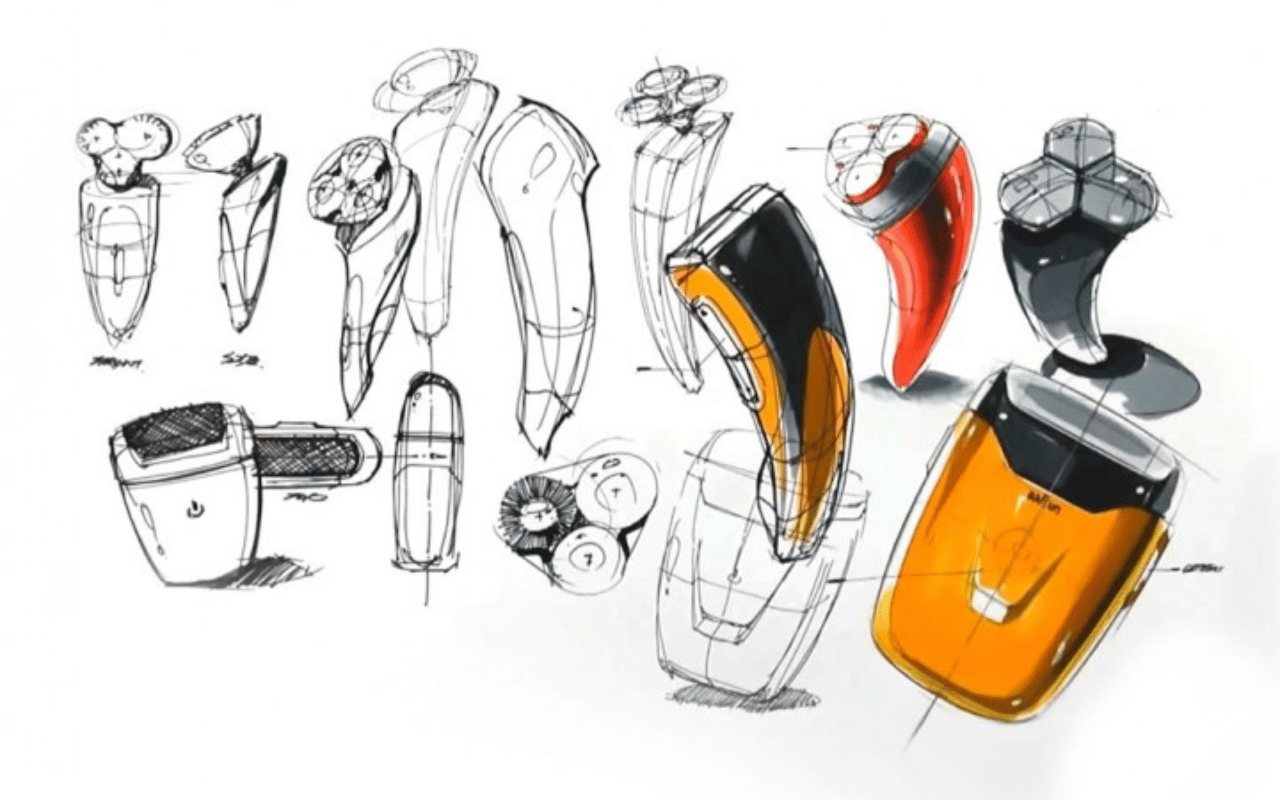
Tools and Software for Creating Concept Art
Concept art can be created using simple tools like a pen and paper. However, concept artists usually draw art using graphic tablets and use software like Photoshop and Illustrator for painting.
Concept art is not always two-dimensional. In certain workflows, 3D tools can help create concept environments and characters faster. Tools like Blender and Reallusion Character Creator come with real-time rendering features that help visualize certain aspects of concept design faster.
Career Path and Development
Junior Artist
Landing a concept artist job early on in their career is difficult for artists unless they have an impressive portfolio. A concept artist’s career usually starts with a junior 2D artist position in game and animation studios. They work on many projects creating art assigned to them by lead artists.
Senior Artist
Gaining more experience will prepare junior artists for senior roles. Working on more projects helps artists understand all necessary steps required to create art for various projects. This can lead to roles like senior artist or lead artist.
Art Director
Concept artists who become well-rounded in an entire art creation pipeline can proceed to more advanced roles like art director. Art directors define the visual style for a project. Art directors and concept artists sometimes have overlapping responsibilities and transitioning to an art director is feasible for concept artists.
Trends in Concept Art
Visual trends in the creative industry change frequently. Thousands of game and animation projects are published every year featuring various visual styles. Let’s explore popular trends in concept art that have been gaining traction in recent years.
Drawing 2D art in 3D Scenes
Seamless integration of 2D art into 3D scenes using 3D animation programs has made it possible for concept artists to create faster art. They use 3D objects, lighting and effects to create eye-catching environments and add characters using 2D drawing tools like Blender’s Grease Pencil. This method makes it easier to visualize the style before production.
Read More: How to Make 2D Art Look 3D?
AI-Generated Art
AI image-generation tools are powerful resources that can help concept artists create visual designs faster. Concept artists can prompt AI tools to create various elements on the fly. This helps them automate time-consuming tasks and focus on core design tasks like character creation.
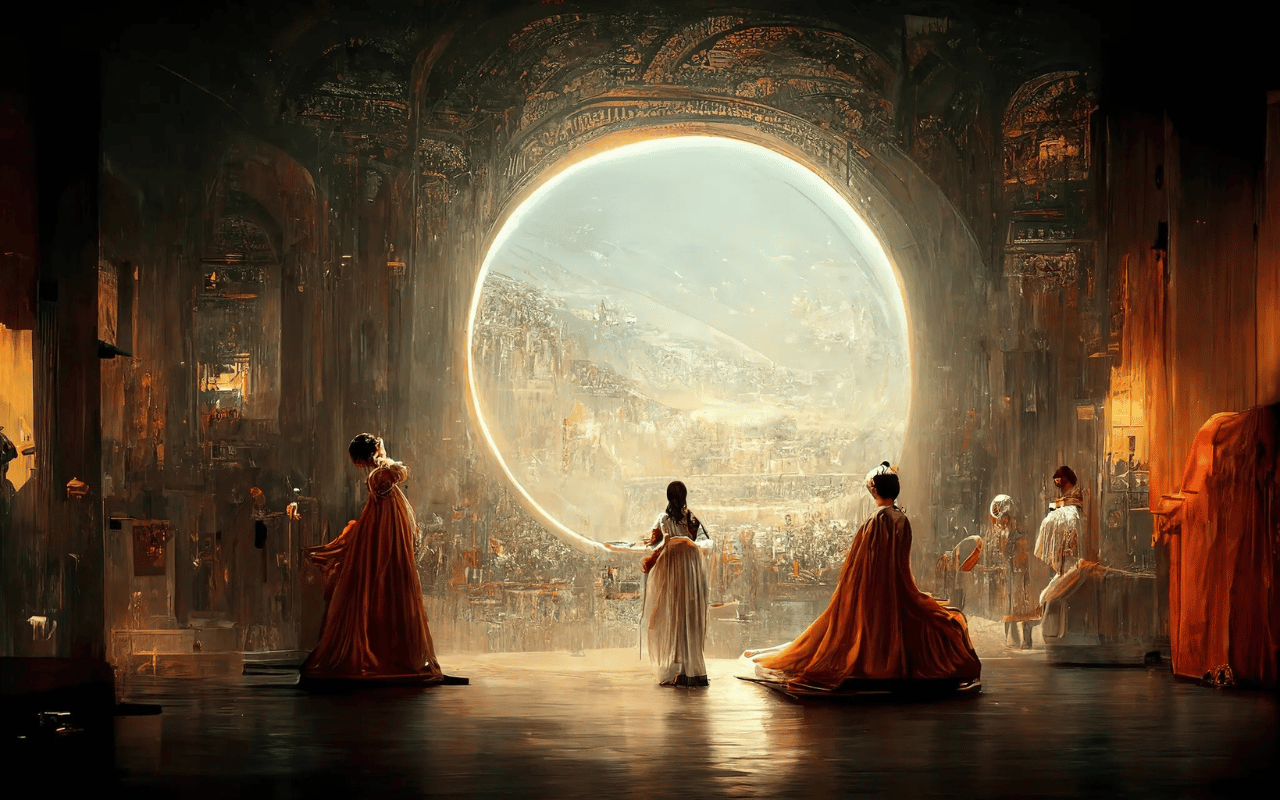
Real-Time Rendering
The advancements in real-time rendering technology have affected art creation. Real-time tools like Unreal Engine have introduced outstanding tools like Lumen, Nanite and Metahuman that allow concept artists to create detailed scenes filled with computer generated characters and lit by real-time AI-powered lighting. This immensely expedites the concept art creation process and can help directors see style possibilities before production.
To Sum Up
Concept art is the first step in designing visuals for a creative project. It’s a highly imaginative and creative process. Mastery of drawing skills is necessary to break into this field. Creating concept art involves working with directors and stakeholders to understand their visual expectations and vision for the project and turning them into images. If you enjoy visualizing abstract ideas and possess strong drawing skills, a career in concept art will be rewarding.
